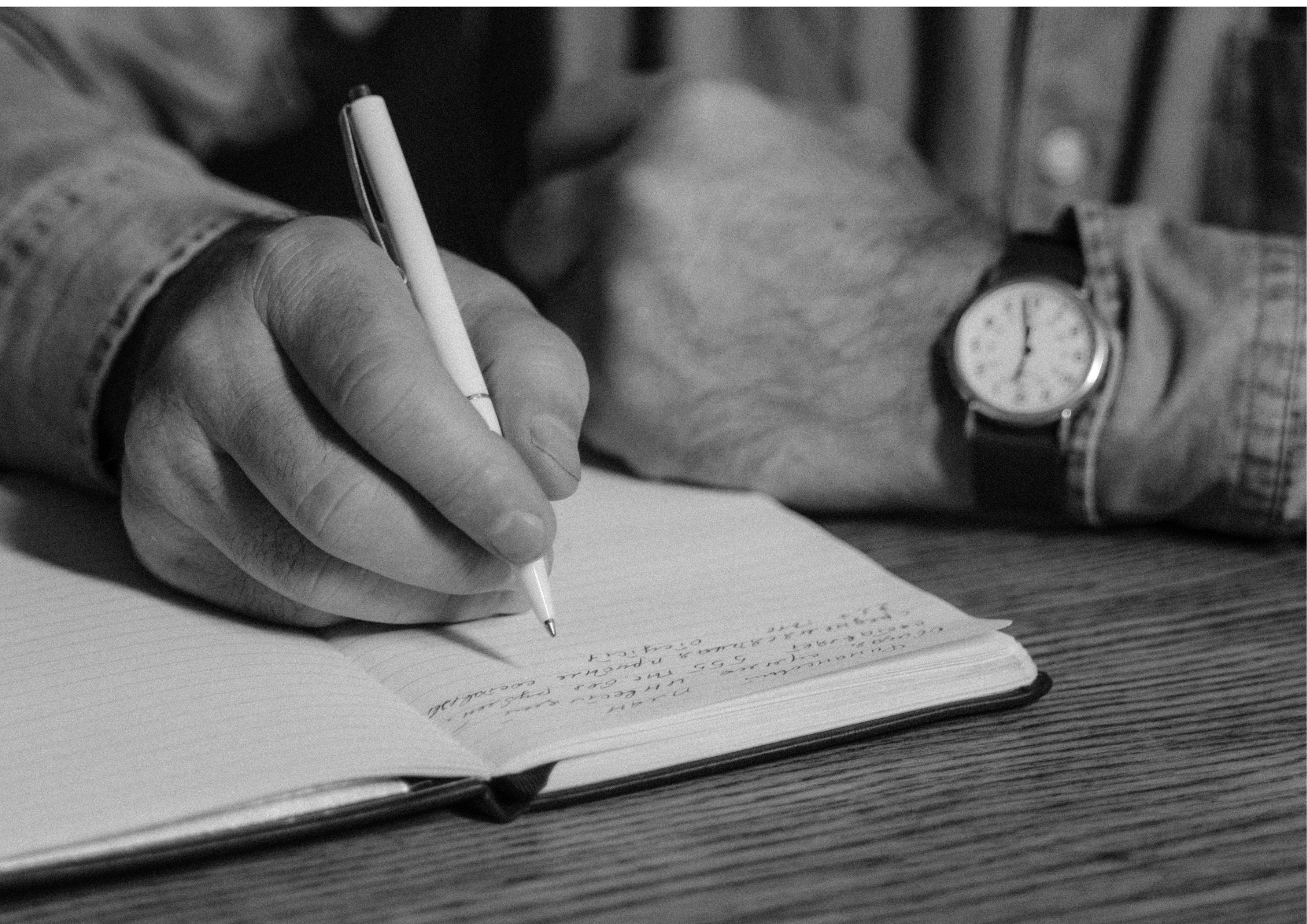The Partner Who Cheated Still Matters Too: What Marriage Counseling Can Teach You About Healing After Betrayal
Healing takes two. If you're trying to rebuild your relationship after infidelity, both partners need a voice—even the one who cheated.
Let’s be honest: when someone cheats, everything feels shattered. The pain is deep, the trust is gone, and the anger is loud. If you're the one who was betrayed, you might be wondering how you’ll ever feel okay again. You may not even recognize the person next to you anymore.
But here’s what no one talks about—if you’re both trying to rebuild the relationship, the partner who cheated still matters too.
At Poole Conflict Solutions, I work with couples in this exact space. The shame is heavy, the judgment is real, and it’s easy to fall into patterns where one person becomes the “villain” while the other is expected to just “get over it.” But that dynamic doesn’t lead to healing. Not for either of you.
Why We Ignore the Partner Who Cheated
After infidelity, most people want to focus on the person who was hurt—and that makes sense. But what often gets lost is the complexity of the story. The cheating partner is still a full human being with their own pain, regrets, and longing for repair.
I see this all the time in therapy:
The betrayed partner is drowning in pain and desperately wants the other person to “make it right.”
And the person who cheated? They often feel shut out, silenced, or permanently labeled.
It’s easier to sit in blame than to open up to repair. But if you’ve chosen to stay and work through it, ignoring your partner’s voice isn’t healing—it’s punishment. And punishment doesn’t rebuild trust. It just deepens resentment.
What Marriage Counseling Reveals
When I sit with couples in the aftermath of an affair, what we uncover isn’t just betrayal—it’s disconnection, loneliness, and patterns that neither of you knew how to stop.
Marriage counseling isn’t about excusing cheating. It’s about understanding what led to the rupture in the first place. Often, infidelity is a symptom of other issues that have gone unspoken or unresolved for years.
In session, we slow everything down. We look at what was happening before the affair. We look at both of your unmet needs. We get honest—not just about the damage done, but about the pain that came before it.
Accountability Doesn’t Mean Erasing the Whole Person
Taking responsibility for cheating is non-negotiable. But what I want you to hear is this: being accountable isn’t the same as being erased.
The partner who cheated might be filled with regret, shame, and a desperate desire to make things right. They’re more than the worst choice they made.
In couples counseling, I help both of you stay grounded in the full picture. You can hold someone accountable while also seeing their humanity. You can express your pain without treating your partner like a monster. Both of you deserve to be seen. That’s how real healing happens.
When the Cheating Partner Is Willing to Do the Work
I’ve seen couples come back from infidelity. But only when the partner who cheated shows up with their whole heart. This means transparency, honesty, emotional availability, and a willingness to sit in discomfort.
If you're the one who cheated, you need to take full responsibility. You don’t get to rush your partner’s healing or defend your behavior. But you do deserve space to speak honestly and grow.
In therapy, I help guide this process so it doesn’t spiral into blame or shutdown. When both partners are committed—even through the hard moments—change is possible.
If You’re the Betrayed Partner, Here’s Why This Matters
It might sound unfair to even consider your partner’s pain right now. You were the one hurt. You were the one lied to.
But here’s the truth: if you’re trying to stay and rebuild, you need healing that includes both of you. You can’t fix this with silence, resentment, or control. You need clarity, yes—but also space to hear your partner’s efforts and emotions. When you both feel safe to show up fully, the repair goes deeper.
You can still be angry and hurt. But you can also be curious. And you’re allowed to want more than punishment—you’re allowed to want peace.
Why Couples Counseling (Not Just Individual Therapy) Is Critical
Individual therapy can help you work through your emotions, but if you’re staying in the relationship, couples counseling is where the real repair happens.
That’s because infidelity affects both of you. The wounds are relational—and they need a relational space to heal.
In couples therapy, I don’t take sides. I help each of you get heard. I guide the conversations that feel too painful or too scary to have on your own. This isn’t about who’s right or wrong—it’s about how you can move forward with honesty and care.
At Poole Conflict Solutions, I specialize in working with couples recovering from betrayal and high-conflict dynamics. I know how painful this work is—and how meaningful it can be when done right.
If you’re in Maryland, Virginia, or Washington, DC, I offer secure online therapy that meets you where you are, emotionally and logistically. You don’t have to do this alone—and you don’t have to figure out how to fix it without help.
This isn’t about forgetting what happened. It’s about deciding what happens next. And if you're trying to stay, both of you need to be part of the healing.
The partner who cheated is more than the worst thing they did—and if they’re showing up with humility, honesty, and effort, that matters.
If you’re ready to start rebuilding, I’m here to help.



